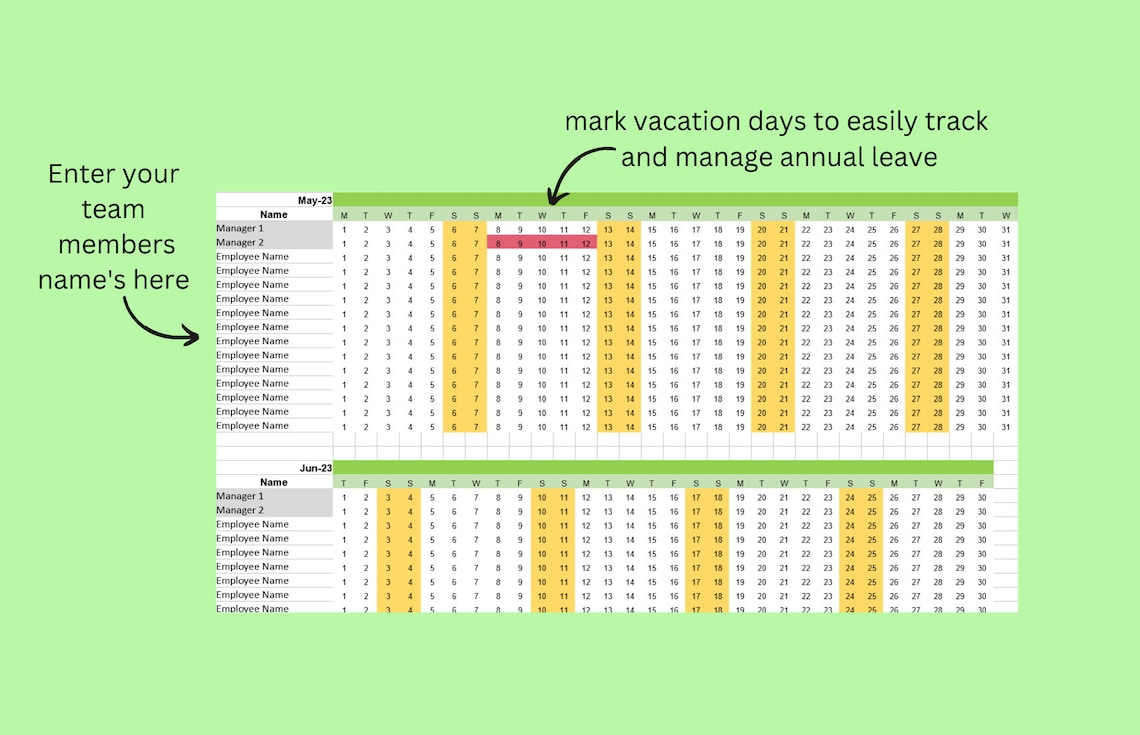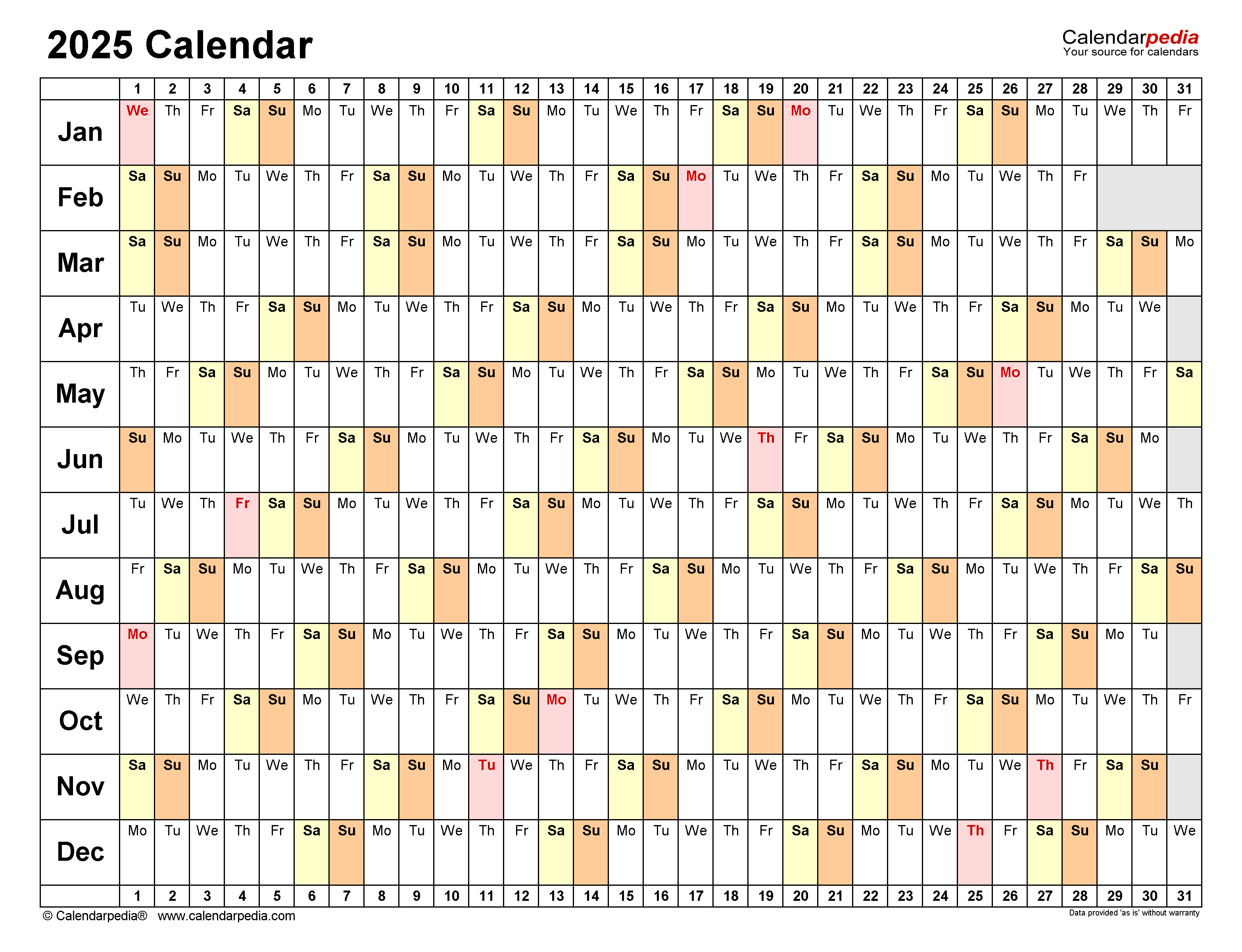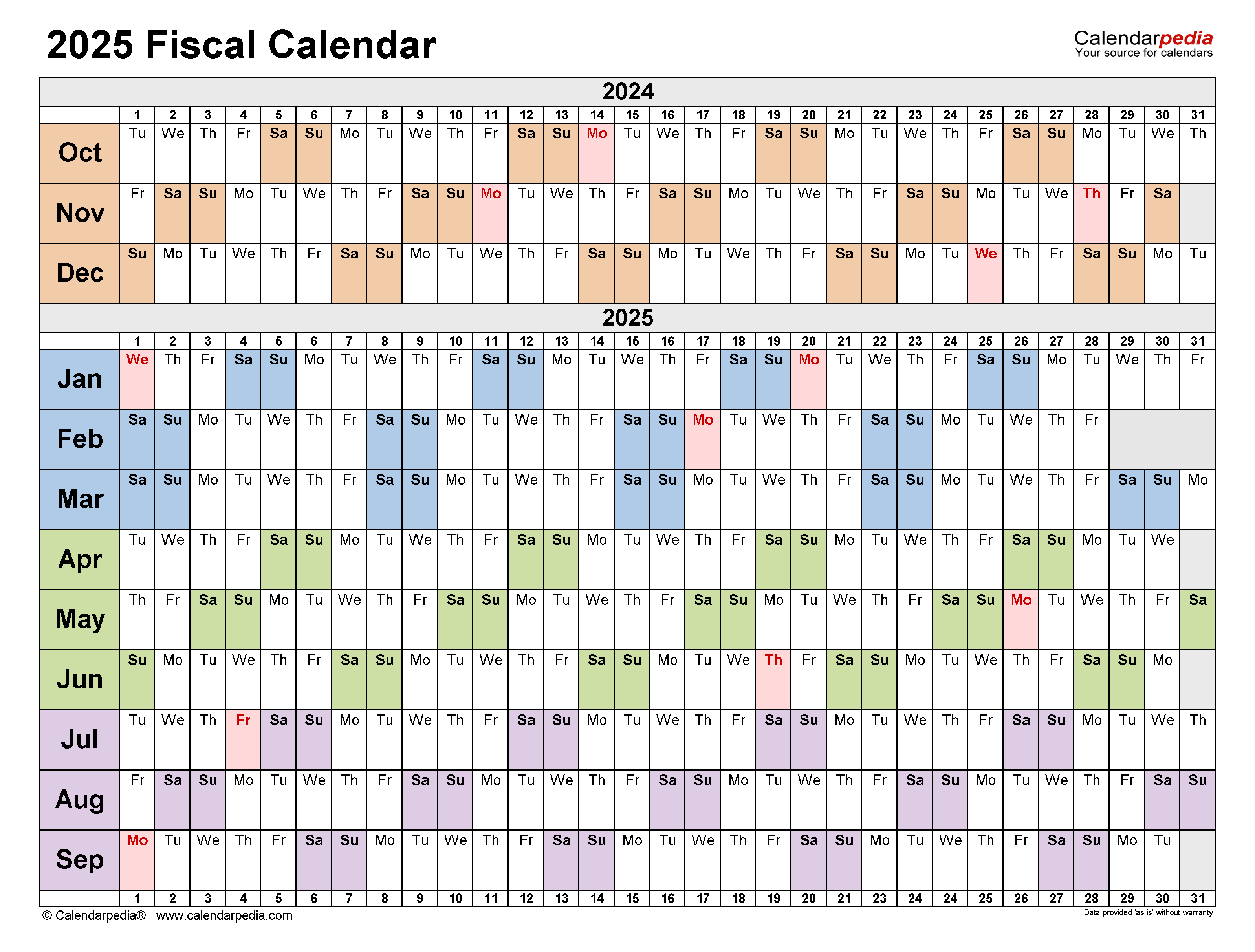Understanding Annual Leave in Malta: A Comprehensive Guide for 2025
Related Articles: Understanding Annual Leave in Malta: A Comprehensive Guide for 2025
Introduction
With enthusiasm, let’s navigate through the intriguing topic related to Understanding Annual Leave in Malta: A Comprehensive Guide for 2025. Let’s weave interesting information and offer fresh perspectives to the readers.
Table of Content
Understanding Annual Leave in Malta: A Comprehensive Guide for 2025

Malta, a Mediterranean gem known for its warm climate and rich history, also boasts a robust legal framework that prioritizes employee well-being, including generous provisions for annual leave. Understanding these regulations is crucial for both employers and employees, ensuring a harmonious work-life balance and fostering a positive work environment. This comprehensive guide aims to demystify the intricacies of annual leave in Malta, providing a clear and informative overview for 2025.
Legal Framework and Entitlement:
The cornerstone of annual leave entitlement in Malta is the Employment and Industrial Relations Act (Chapter 452 of the Laws of Malta), which outlines the minimum statutory leave provisions. As per this legislation, every employee in Malta is entitled to a minimum of 20 working days of annual leave per year, irrespective of the number of hours worked per week. This entitlement increases to 25 working days after five years of continuous service with the same employer.
Calculation and Accrual:
The calculation of annual leave is based on the number of days worked in a year. For full-time employees, this usually translates to 20 or 25 days, depending on their tenure. However, for part-time employees, the entitlement is prorated based on their working hours. The accrual of annual leave is typically calculated on a monthly basis, with employees accumulating a certain number of days each month, depending on their working pattern.
Public Holidays and Leave:
Malta observes a significant number of public holidays, which are considered non-working days for employees. These public holidays are not part of the annual leave entitlement but are separate days off. Employers are legally obligated to provide employees with paid leave on public holidays, even if they fall on a weekend.
Taking Leave and Advance Leave:
Employees have the right to request and take their annual leave, subject to agreement with their employer. However, employers have the right to refuse leave requests if it significantly disrupts business operations. It is important to note that taking leave in advance is not permitted under Maltese law. Employees can only take leave for days they have already accrued.
Payment for Annual Leave:
Employees are entitled to receive their regular pay for the duration of their annual leave. This payment is calculated based on their usual daily or weekly wage, depending on their working arrangements.
Carry-Over and Forfeiture:
Employees are allowed to carry over a portion of their annual leave to the following year. However, the carry-over period is limited to a maximum of 12 months. If employees do not take their accrued leave within the carry-over period, they may lose their entitlement to that portion of the leave.
Termination of Employment:
Upon termination of employment, employees are entitled to receive payment for any accrued but unused annual leave. This payment is calculated based on the employee’s daily or weekly wage and the number of days of accrued leave.
Benefits of Annual Leave:
Annual leave plays a pivotal role in fostering a healthy work environment and promoting employee well-being. It offers numerous benefits, including:
- Improved Productivity: Regular breaks allow employees to recharge, reducing stress and burnout, leading to improved focus and productivity upon return.
- Enhanced Employee Morale: Taking time off for personal pursuits boosts employee morale and satisfaction, fostering a positive work environment.
- Reduced Absenteeism: Regular leave can contribute to a decrease in employee absenteeism due to stress and burnout.
- Personal Growth and Development: Annual leave provides opportunities for personal growth, allowing employees to pursue hobbies, travel, or engage in activities that contribute to their well-being.
FAQs on Annual Leave in Malta:
1. What happens if my employer refuses my annual leave request?
Employers have the right to refuse leave requests if it significantly disrupts business operations. However, they must have a valid reason for refusal and cannot simply deny requests without justification. Employees can seek advice from the Department of Industrial and Employment Relations or a trade union if they believe their request was unfairly denied.
2. Can I take my annual leave in installments?
Yes, employees are allowed to take their annual leave in installments, provided they agree with their employer. However, it is important to ensure that the installments are taken within the carry-over period to avoid forfeiting any leave entitlement.
3. Can I be forced to take annual leave?
No, employers cannot force employees to take annual leave against their will. Employees have the right to choose when and how they take their leave, subject to reasonable employer requirements.
4. What happens to my annual leave if I am on sick leave?
Sick leave is separate from annual leave. Employees are not required to use their annual leave days for periods of sick leave.
5. Can I take annual leave during maternity or paternity leave?
No, annual leave cannot be taken during maternity or paternity leave. These are separate leave entitlements with specific regulations.
Tips for Managing Annual Leave:
- Plan Ahead: Plan your annual leave in advance to ensure you have sufficient time to enjoy your break and avoid any conflicts with work commitments.
- Communicate Effectively: Communicate your leave plans clearly with your employer and colleagues to ensure a smooth transition during your absence.
- Delegate Responsibilities: Delegate any urgent tasks to colleagues before your leave to minimize disruption to ongoing projects.
- Stay Connected: If necessary, maintain minimal contact with your workplace to address any urgent matters.
- Return Refreshed: Use your leave to recharge and return to work with renewed energy and focus.
Conclusion:
Annual leave is an integral part of the employment landscape in Malta, ensuring a balance between work and personal life. Understanding the legal framework and entitlements, as well as the benefits associated with taking leave, is crucial for both employers and employees. By adhering to the regulations and embracing the opportunities presented by annual leave, Malta can continue to foster a productive and fulfilling work environment for its workforce.








Closure
Thus, we hope this article has provided valuable insights into Understanding Annual Leave in Malta: A Comprehensive Guide for 2025. We hope you find this article informative and beneficial. See you in our next article!